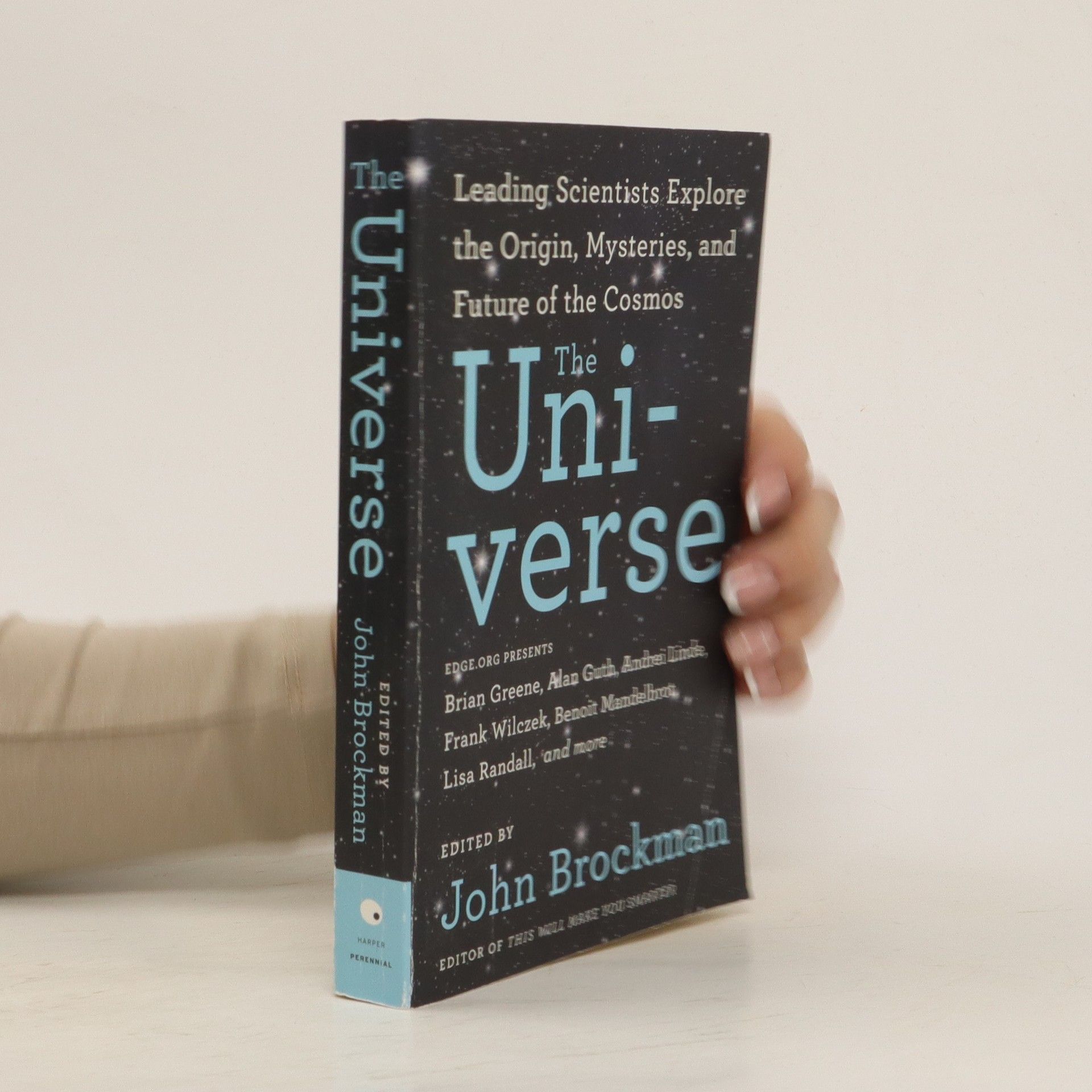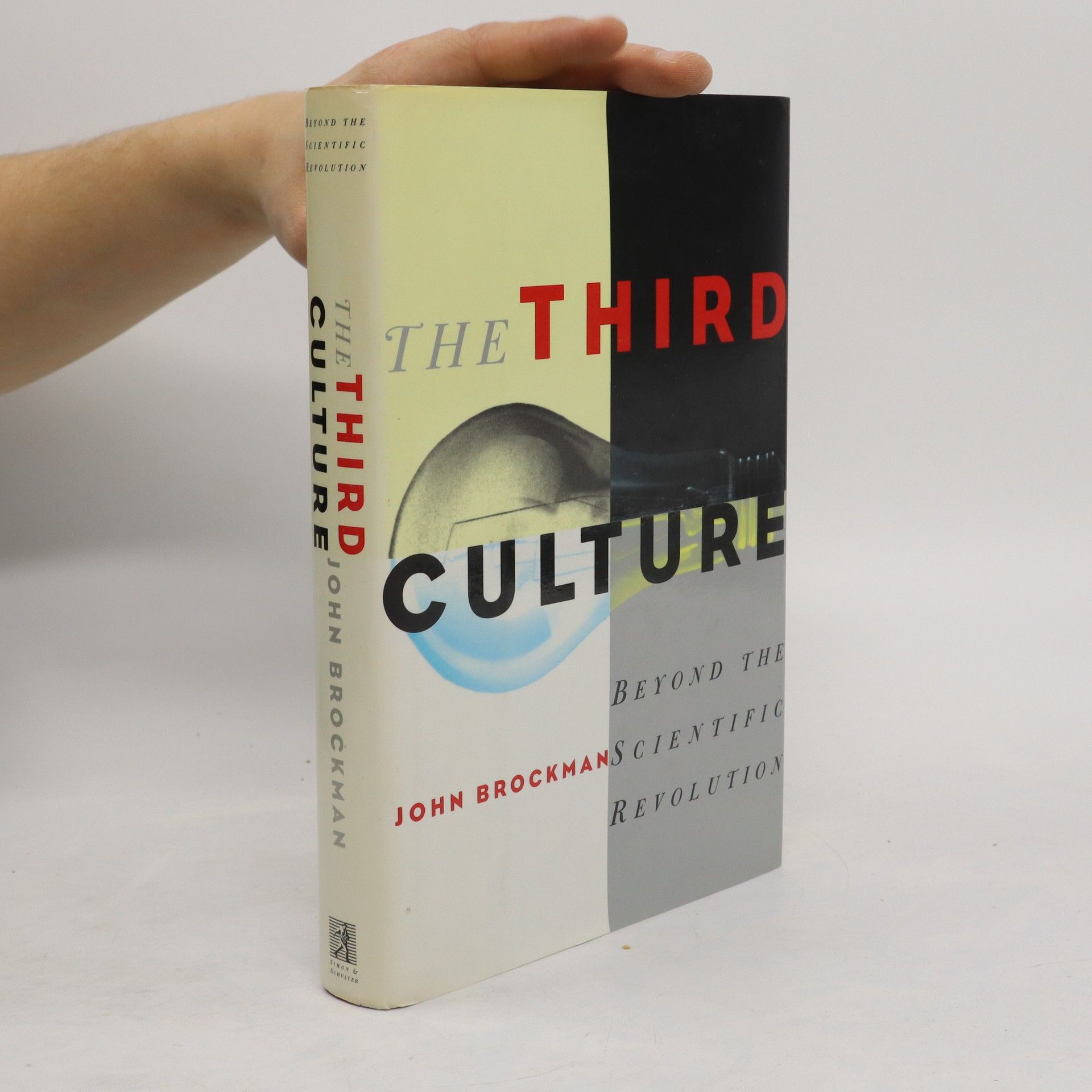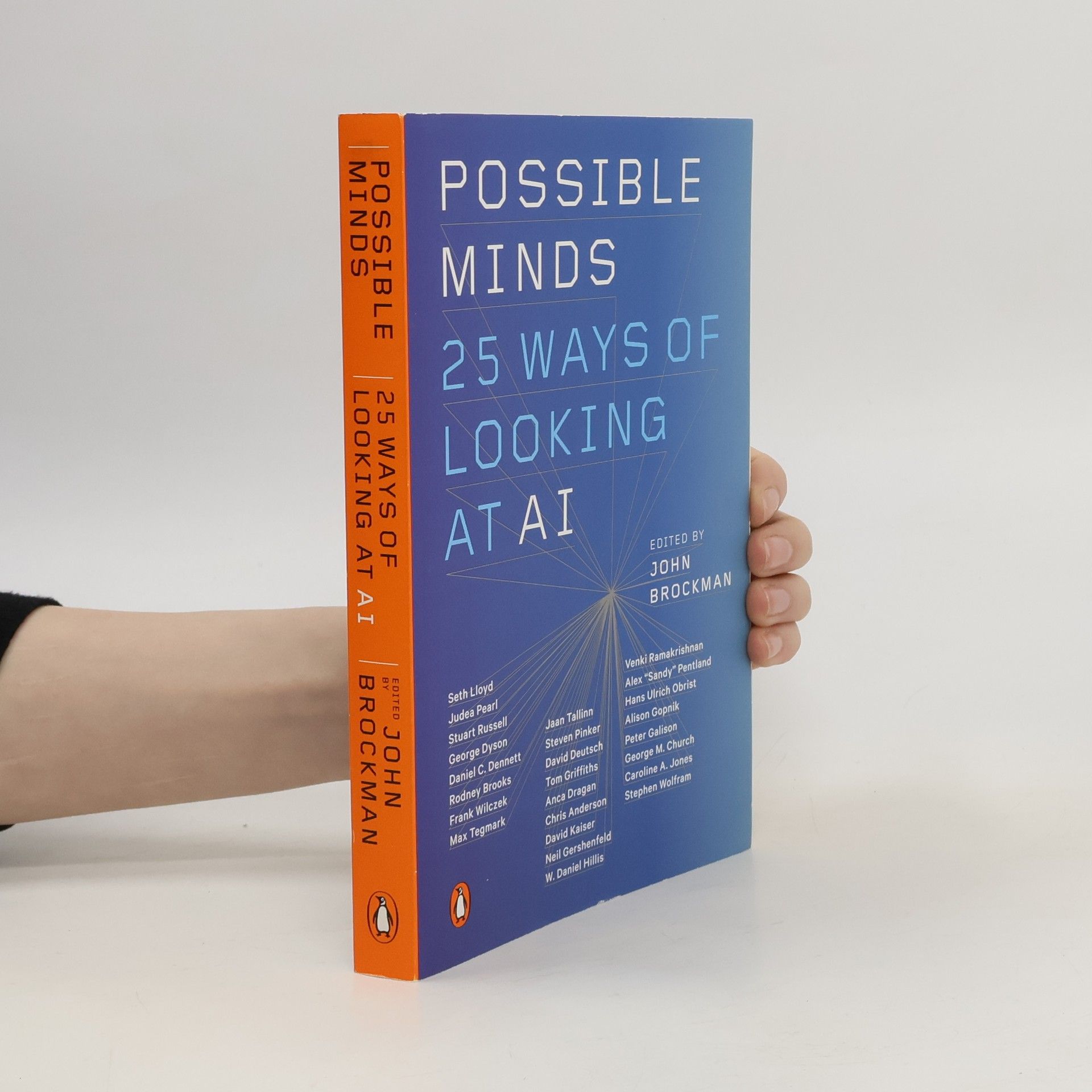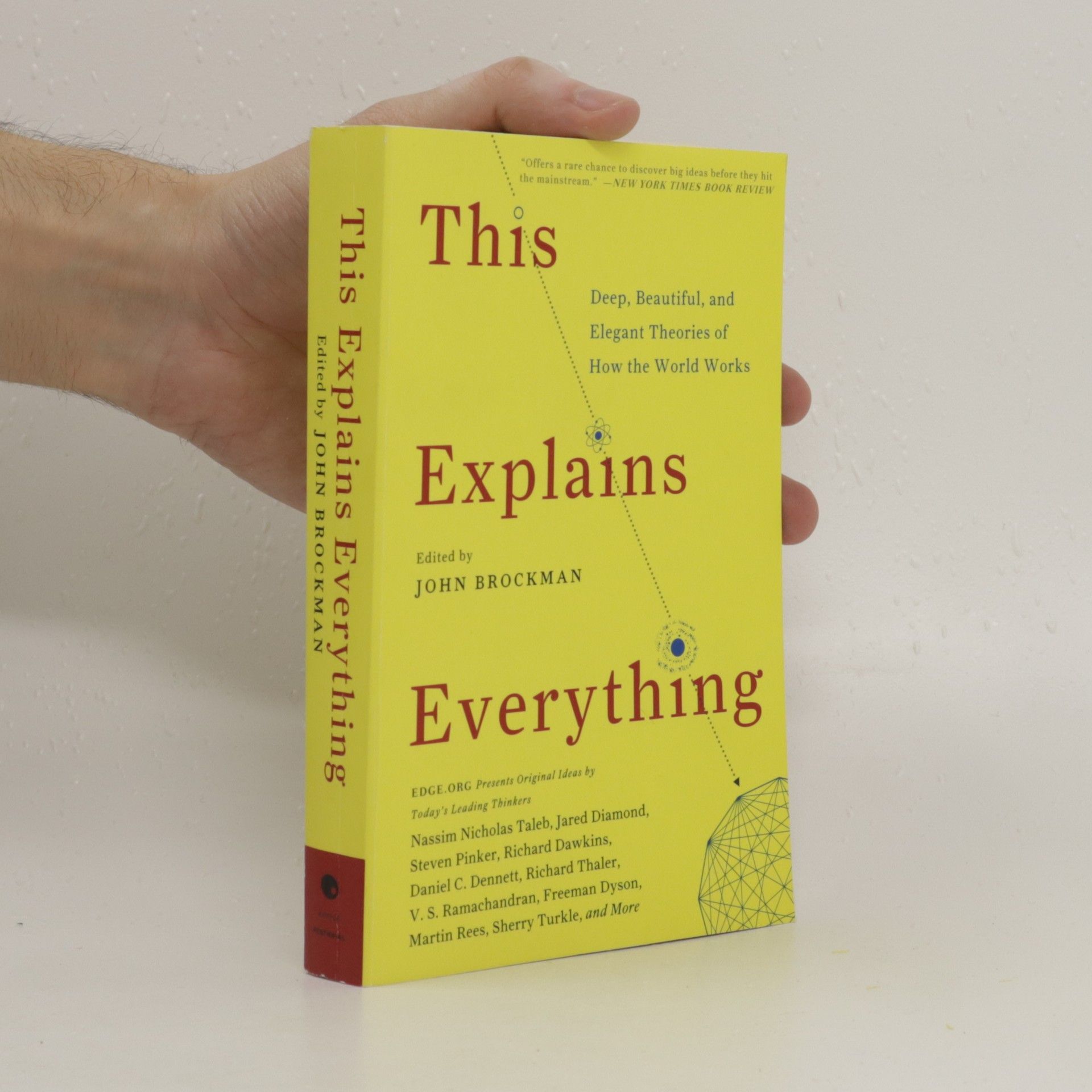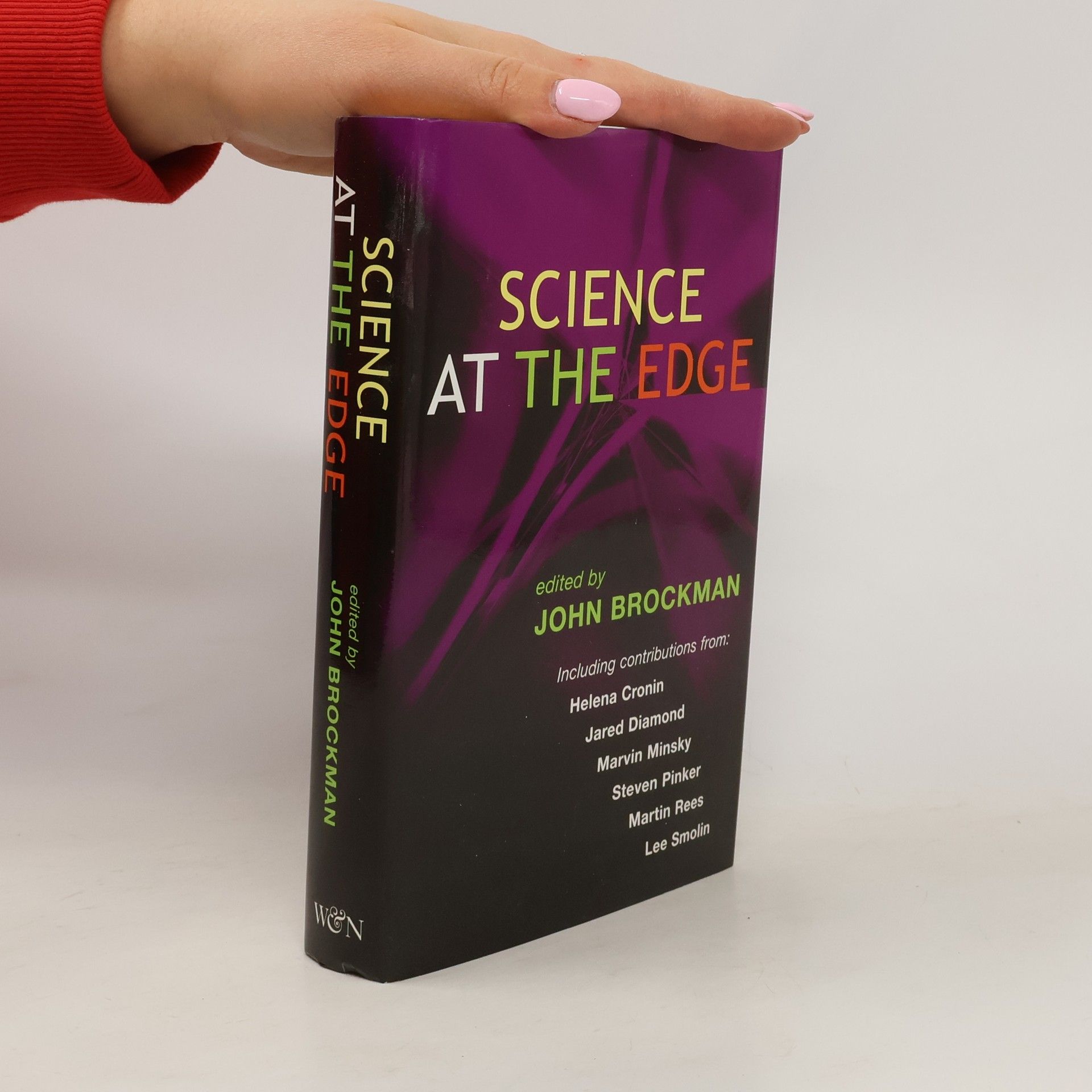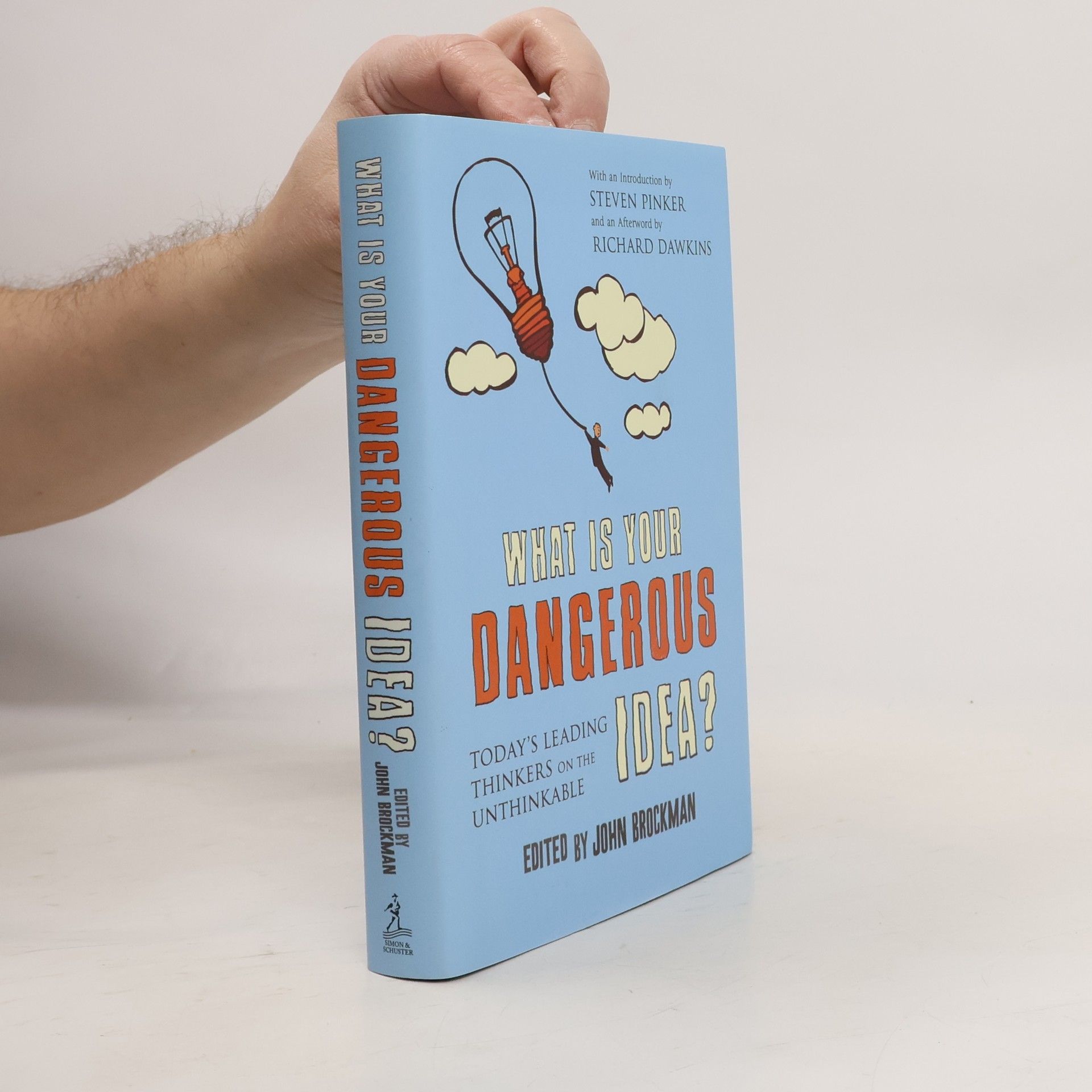Science at the Edge
- 408pages
- 15 heures de lecture
Who are the cutting-edge thinkers of today?John Brockman argues that scientists - through their research and writing - are creating a 'third culture' that recalls the Rennaissance ideal of a single intellectual whole. Combining this holistic awareness of the humanities and science, these are the men and women shaping modern thought.The result of conversations with twenty-two of today's top intellectuals, the book includes contributions from Jared Diamond on population theory; Steven Pinker on human nature; Martin Rees on the future of the universe.SCIENCE AT THE EDGE introduces us to the best scientific minds of the 21st century, giving insight and debate into how best to take humanity forward.

